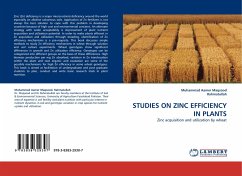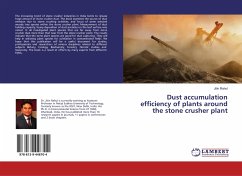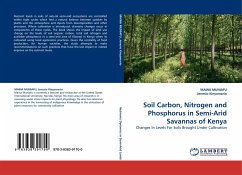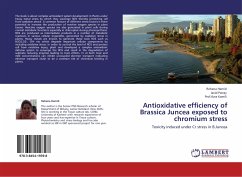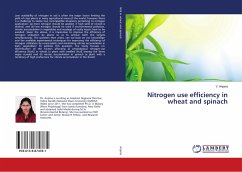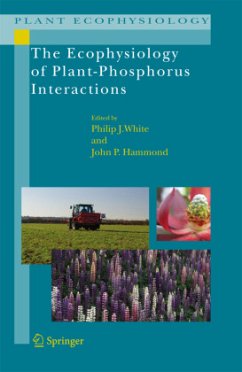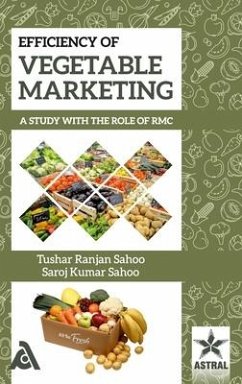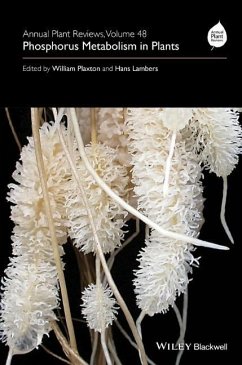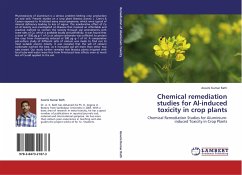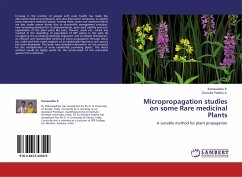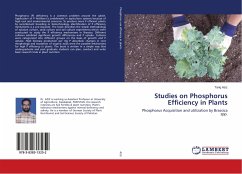
Studies on Phosphorus Efficiency in Plants
Phosphorus Acquisition and utilization by Brassica spp.
Versandkostenfrei!
Versandfertig in 6-10 Tagen
39,99 €
inkl. MwSt.

PAYBACK Punkte
20 °P sammeln!
Phosphorus (P) deficiency is a common problem around the globe. Application of P fertilizers is problematic in agriculture systems because of high cost and environmental concerns. To produce more P efficient plants by recombinant breeding or biotechnology, identification of P efficiency mechanisms is a pre-requisite. The book describes the simple methodology of solution culture, sand culture and soil culture experiments which were conducted to study the P efficiency mechanisms in Brassica. Different cultivars exhibited significant growth differences and P uptake. Cultivars were categorized int...
Phosphorus (P) deficiency is a common problem around the globe. Application of P fertilizers is problematic in agriculture systems because of high cost and environmental concerns. To produce more P efficient plants by recombinant breeding or biotechnology, identification of P efficiency mechanisms is a pre-requisite. The book describes the simple methodology of solution culture, sand culture and soil culture experiments which were conducted to study the P efficiency mechanisms in Brassica. Different cultivars exhibited significant growth differences and P uptake. Cultivars were categorized into different groups on the basis of growth and P uptake. High biomass production per mg P absorbed, changes in root morphology and exudation of organic acids were the possible mechanisms for high P efficiency in plants. The book is written in a simple way that undergraduate and post graduate students can plan, conduct and write basic research trials in plant nutrition.



